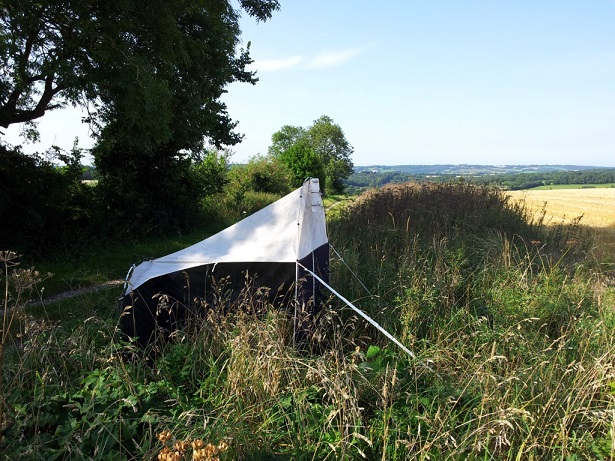Dr Douglas Yu Lecturer - School of Biological Sciences
My research goal is to make biodiversity measurement much faster. This will make it easier to determine whether agri-environment interventions actually result in more farm biodiversity, which set of land parcels should be purchased to protect the most biodiversity for the least cost, and whether biodiversity is being maintained inside and outside parks. Normally, such questions are answered by painstaking collection of indicator species, which are then identified taxonomically and analysed using multivariate statistics. But taxonomy is a scarce skill and difficult to standardise across large areas. Thus, we use a technique called 'metabarcoding,' which adapts technologies developed for microbial metagenetics. From mass collections of arthropods, we amplify so-called barcode genes, which can be used to identify species, and we sequence them on high-throughput sequencers. The resulting datasets are very large and need to be processed on large computers, which is where the GRACE cluster comes in.
The benefits of using Grace for High Performance Computing
My students and I use the grace cluster to run several bioinformatics software packages, including AmpliconNoise, CROP, MACSE, SAP, QIIME, and PyNAST.
Over the past few years, every time that we have wanted to install a new package, the RCS team has installed and made the package available within a day or two, and has been extremely helpful and responsive in helping us to debug the job scripts that we use to launch jobs that require multi-day, multi-CPU runs.
We simply could not have performed the large number of analyses that have run over the last few years without the rapid and expert help of the RCS team and the GRACE cluster, on which we have run through thousands of CPU-hours.
My work
Our first paper was published in Methods in Ecology and Evolution and has received more attention than anything (everything?) that I have published before. Many ecologists and environmental scientists want to use the same method, and GRACE allowed our team to publish ahead of most of them.

This is a picture of a Malaise trap on a farm in the UK. The trap collects flying insects, which we turn into 'biodiversity soup' and use to characterise the biodiversity level of this farm.

)